Vets might not always share the critical details you need to know. Here are the eye-opening points about pet food that could change the way you feed your furry friend.
1. Not All “Prescription Diets” Are Clinically Proven

Some prescription diets sold through veterinarians are not backed by independent clinical trials. Always ask for the research behind the recommendation.
2. The First Ingredient Isn’t Always the Main One

Pet food labels can be deceptive; a meat may be listed first but, if followed by several grain-based ingredients, these may collectively outweigh the meat component.
3. ‘By-Product’ Is Not Necessarily a Bad Word
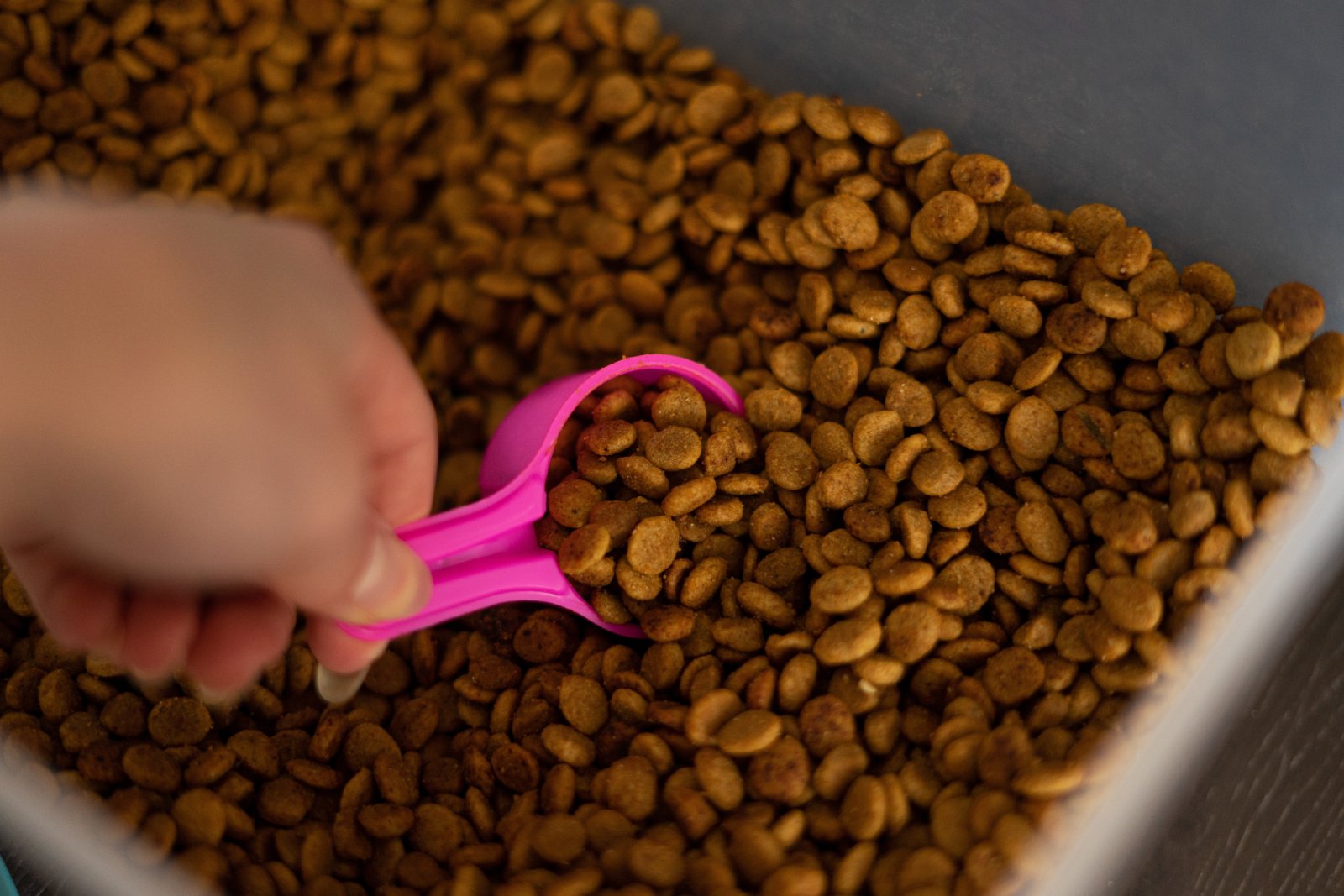
Animal by-products include parts like liver and kidneys, which are rich in nutrients. They’re not just ‘filler’ but can be healthy components of your pet’s diet.
4. Grain-Free Doesn’t Equal Healthier
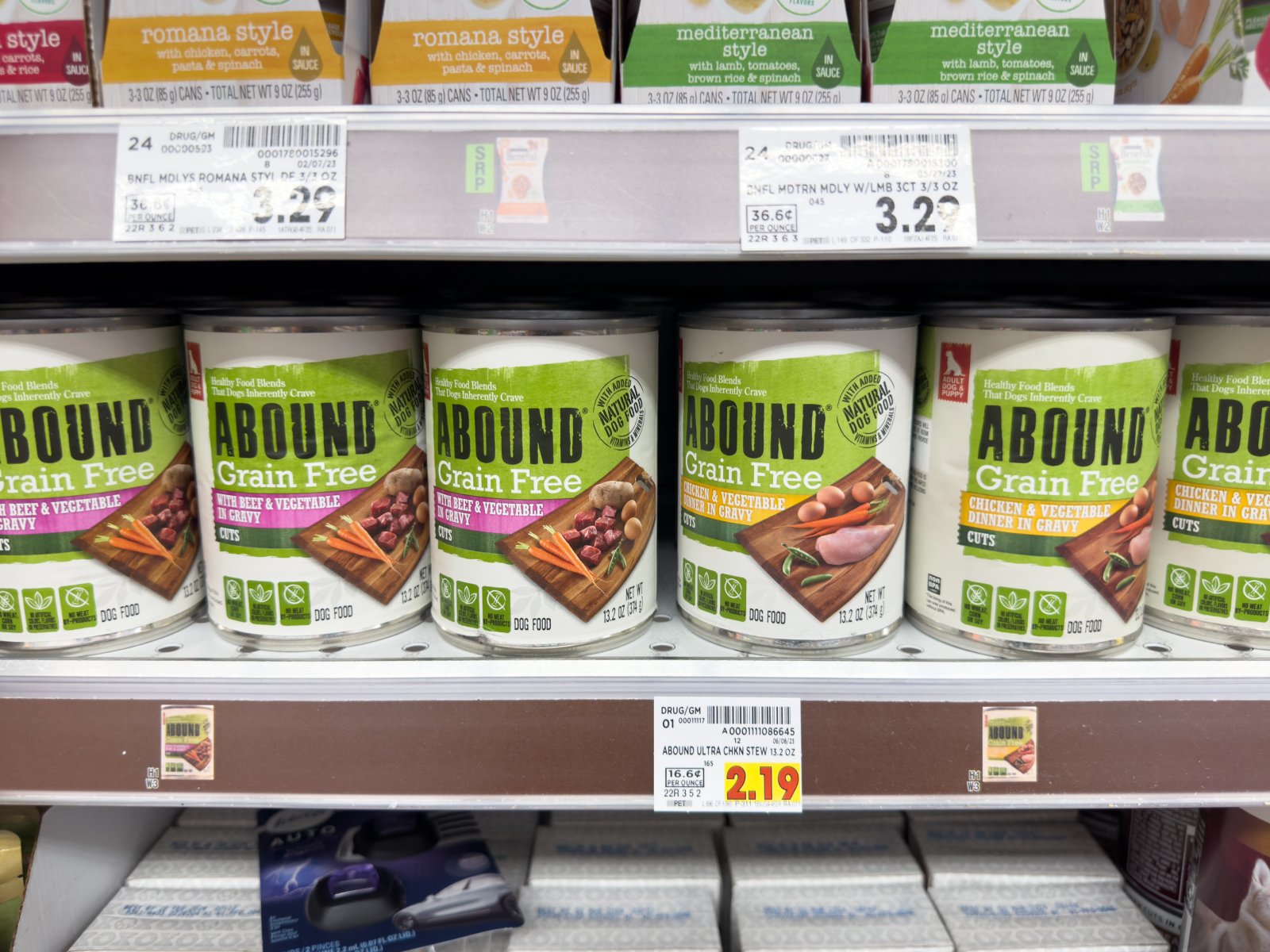
Grain-free diets are often marketed as healthier, but they can lead to other health issues, including heart problems in dogs, due to lack of certain nutrients like taurine.
5. Expiry Dates Are Crucial
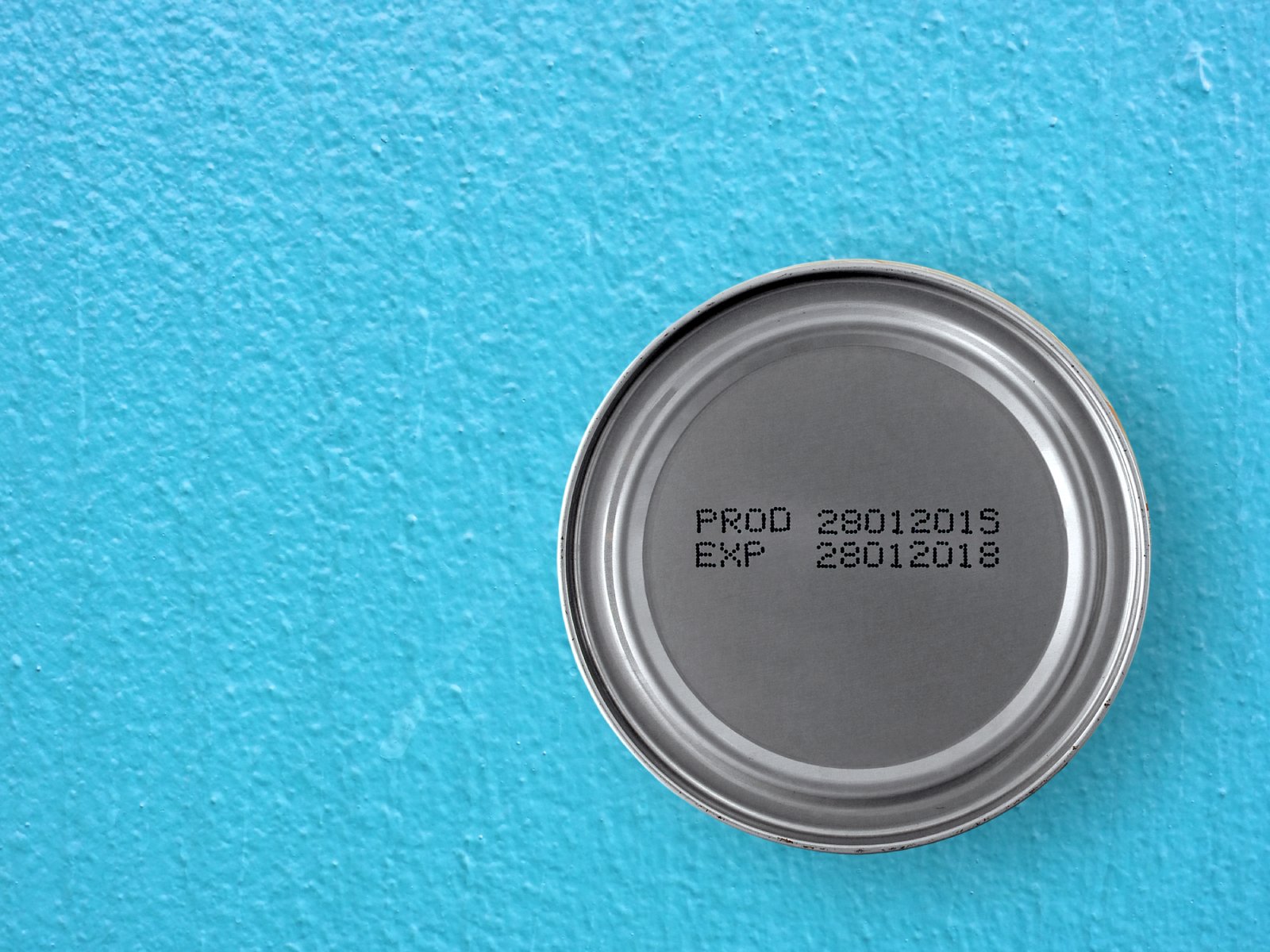
Expired food can lose its nutritional value and even become harmful. Your vet might not stress this, but always check the expiry date on pet food packaging.
6. Wet Food May Contribute to Dental Problems
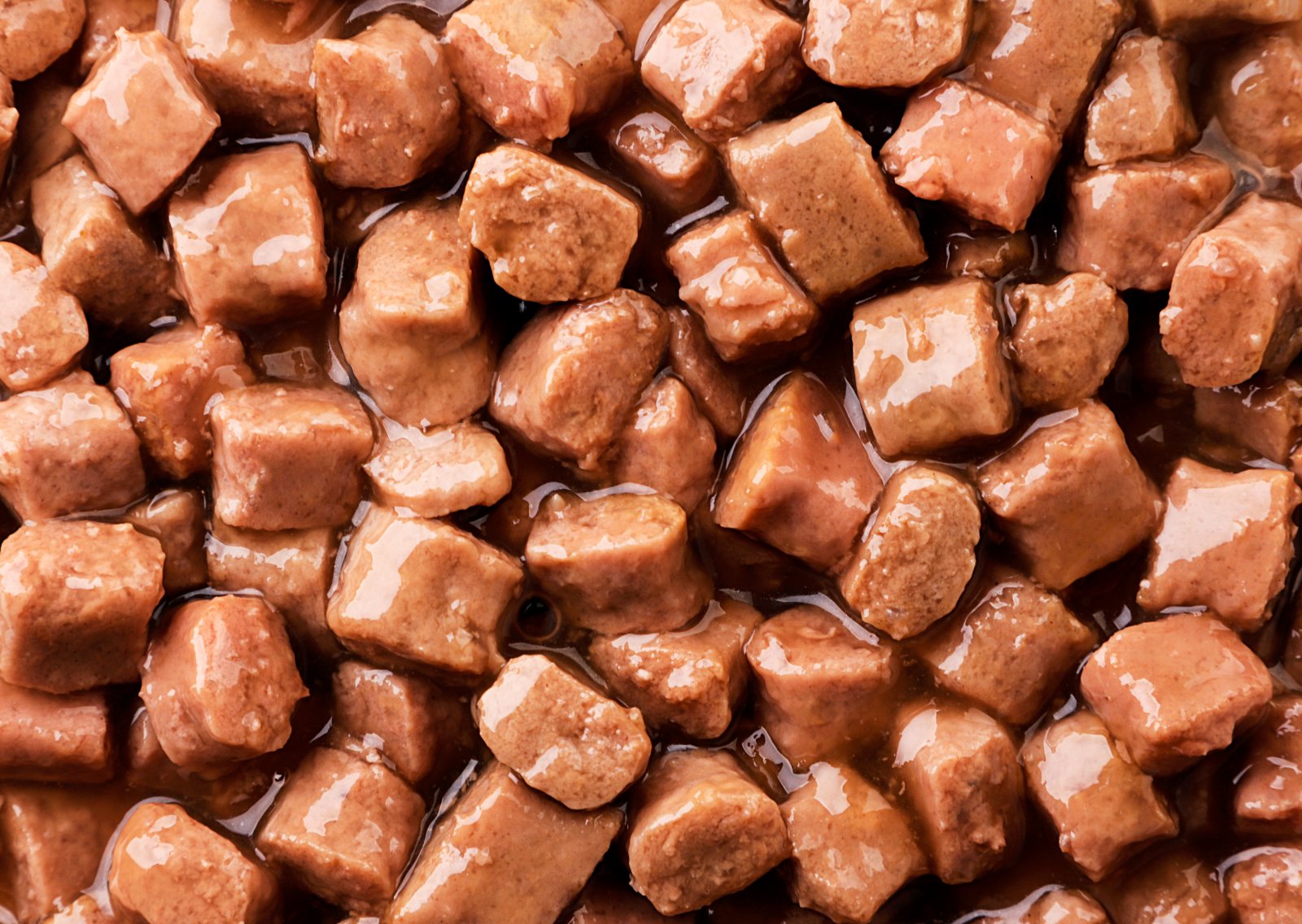
While tasty, wet foods can increase the risk of dental decay compared to dry kibbles, which help scrub teeth clean through the mechanical action of chewing.
7. Some Diets Can Worsen Common Health Conditions

Specific ingredients can exacerbate health conditions like diabetes or allergies in pets. An individual assessment is crucial.
8. ‘Complete and Balanced’ Doesn’t Mean Optimal

This label only means the food meets minimal nutritional standards for the average animal, not that it’s the best possible diet for every stage of your pet’s life.
9. Boutique Diets Can Be Riskier Than You Think

Small, boutique brands might not have the resources for thorough food safety testing, which can put your pet at risk of contaminants.
10. Price Doesn’t Always Reflect Quality
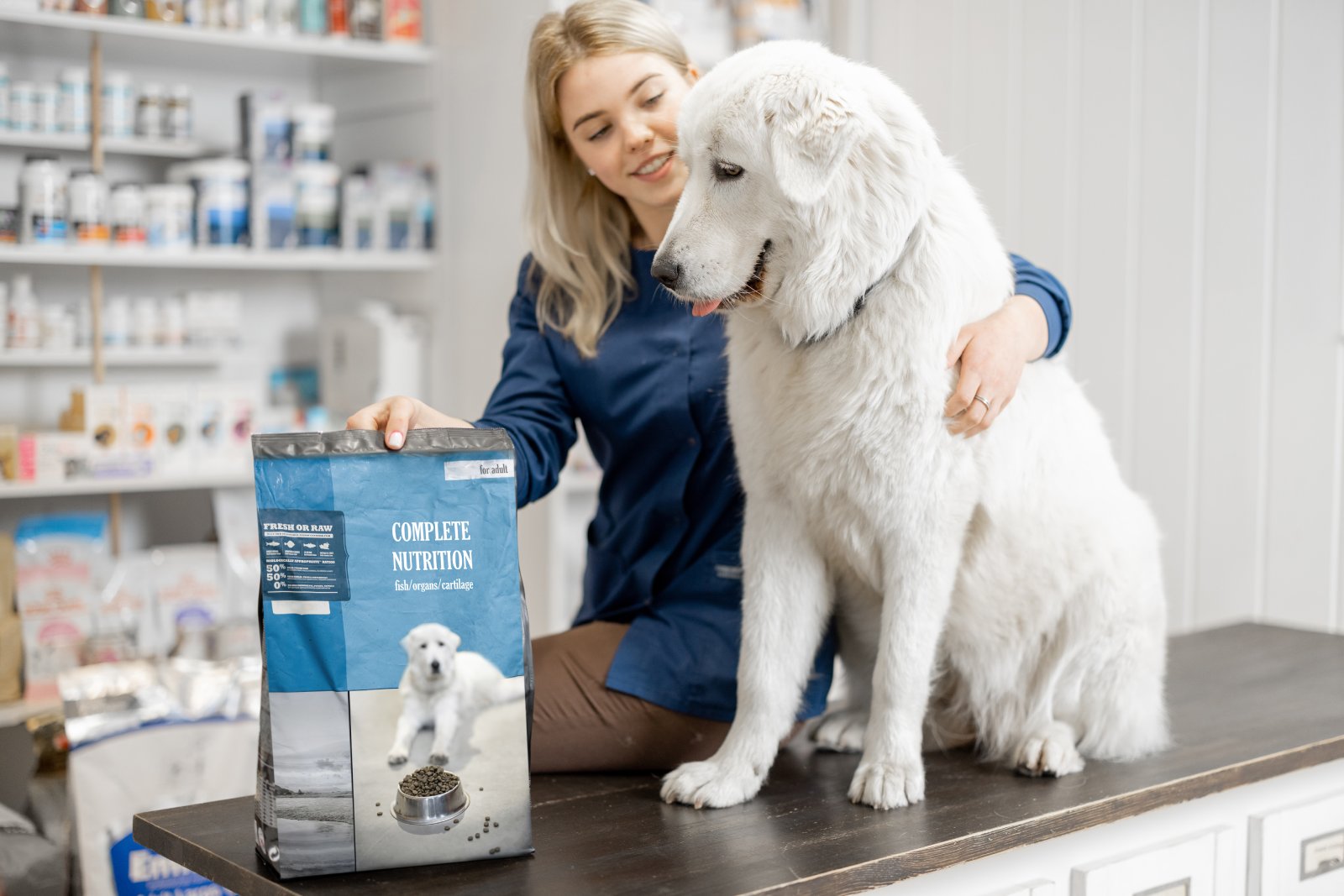
High prices are often due to marketing and packaging rather than better ingredients. Don’t assume a higher price means a healthier choice.
11. Supplements Are Often Unnecessary

Commercial pet foods are formulated to be complete and balanced. Most pets don’t need supplements unless prescribed for a specific condition.
12. Homemade Diets Are Hard to Balance

Creating your own pet food at home can lead to nutrient deficiencies or excesses unless carefully formulated and balanced by a professional.
13. Transparency in Sourcing Is Rare

Very few companies disclose where their ingredients are sourced, which can be concerning given the variability in global food safety standards.
14. Your Pet’s Food Might Be Tested on Animals

Animal testing in developing pet foods is a reality. It’s worth investigating if your pet’s food brands conduct feeding trials, and what those entail.
What’s Really in the Bowl?

Understanding what goes into pet food and the implications for your pet’s health can make a significant difference in their quality of life. Asking the right questions and doing a bit of research can help you make informed decisions that align with your values and your pet’s health needs.
The post The Truth About Pet Food Your Vet Won’t Mention first appeared on PawShore.
Featured Image Credit: Shutterstock / BearFotos.
For transparency, this content was partly developed with AI assistance and carefully curated by an experienced editor to be informative and ensure accuracy.

